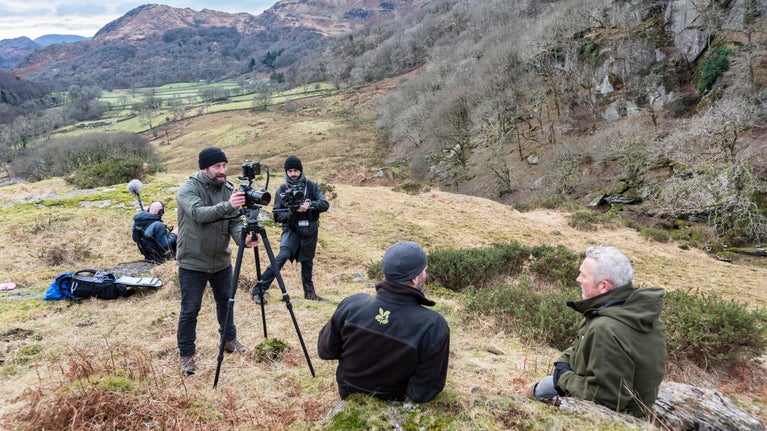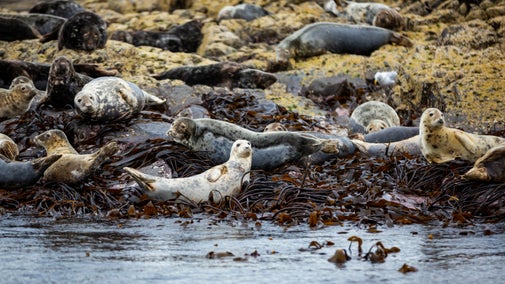
Virtual visits
Wherever you are, we'll bring you back to nature, beauty and history with a virtual visit.

Join us for an interactive 360° video tour of the beaver enclosure at the Holnicote Estate in Somerset. As you explore this wetland habitat, you'll see the beavers getting on with their daily lives and learn more about how they are transforming the landscape.
The tour, which can be accessed below, will take you into the heart of the enclosure where two adult beavers were released in January 2020.
Follow the arrows to naviagate around the enclosure, watch footage of the beavers and their lively kits, and explore the lodge, dams and pools they have created. You'll also see and hear lots of other wildlife and access trail camera recordings and expert information from Ben Eardley, Project Manager at the Holnicote Estate.
Additional footage will be added to the tour as the area develops, capturing this changing waterscape and its wildlife as it moves through the seasons.
In January 2020, the adult pair of Eurasian beavers (Yogi and Grills) were released at the Holnicote Estate in Somerset to improve flood management and support the health of rivers and streams. They are helping to restore biodiversity loss, slow the flow of water and manage the effects of climate change.
In 2021, the pair had their first kit Rashford, the first beaver to be born in Exmoor for 400 years. In spring 2022, twins Russo and Toone were born. All three kits were named (with help from the public) after England football stars.
The team at Holnicote are closely monitoring how the beavers change the environment around them by creating dams and deep pools of water. This mosaic habitat has created homes for lots of other wildlife, including amphibians, bats, otters and birds (kingfisher, dipper and waterfowl).

Wherever you are, we'll bring you back to nature, beauty and history with a virtual visit.
You can help protect and restore the precious habitats and species that are in decline due to the effects of climate change. Donate to the Everyone Needs Nature Appeal today and encourage nature to flourish.

Did you know that beavers are helping us adapt to tackle climate change? Discover facts about these fascinating creatures.

Find out more about the National Trust's ambitious Riverlands project that aims to bring the UK's rivers, streams, brooks and becks back to life.

Meet the new beaver kits who are helping to prevent flooding at Holnicote Estate, Somerset, in our podcast episode 'Dam engineers (revisited for Christmas)'. You can also find more episodes from series seven, filled with nature and history.
